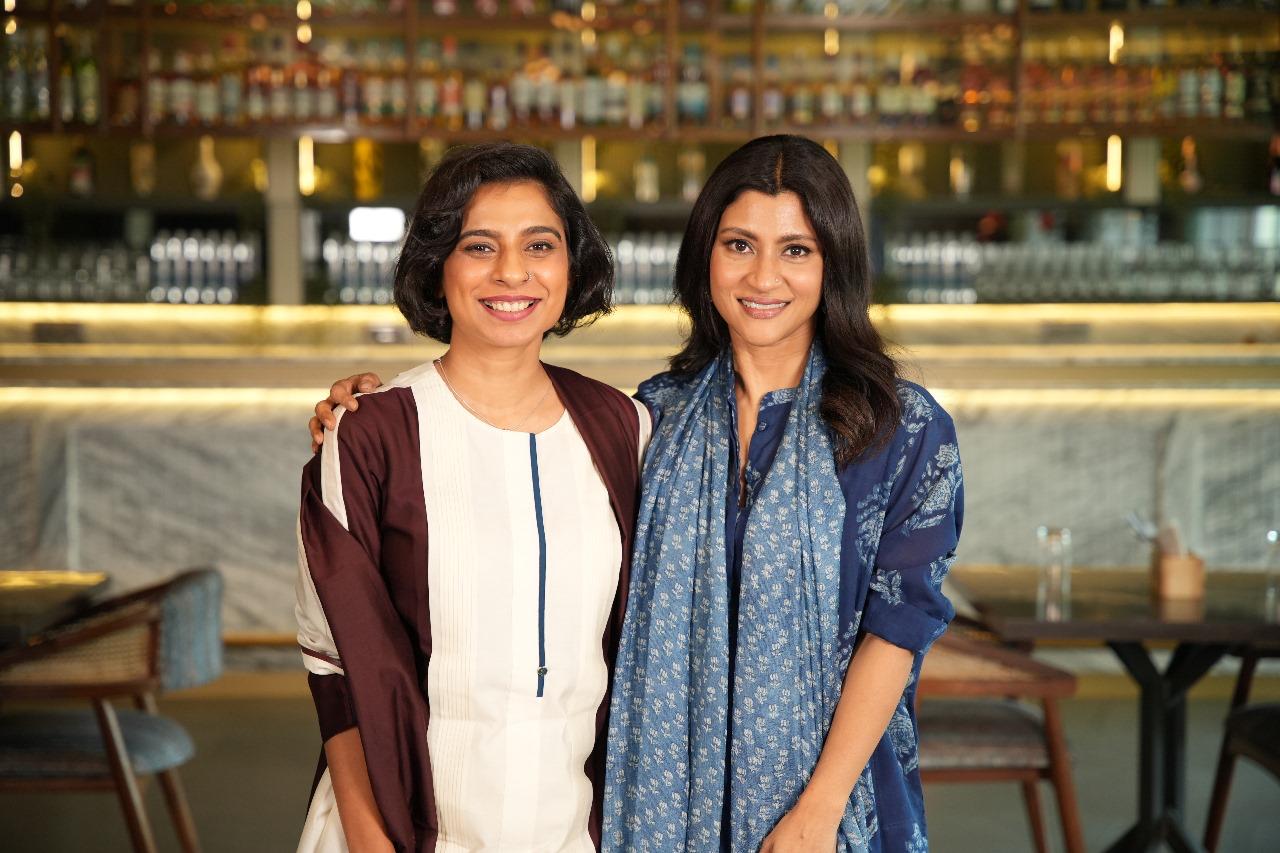
In a revealing conversation on the show Fursat Mein Serious Baatein by Breakthrough with Sucharita Tyagi, acclaimed actor and director Konkona Sen Sharma has opened up about the intricacies of power dynamics in the Indian film industry. Known for her rich performances and compelling storytelling, Konkona discussed the challenges faced by women in Bollywood and her hopes for a more equitable future.Navigating the Complex Landscape of Bollywood
Konkona shared her insights on the industry’s hierarchical structure, particularly during promotional events where actors often feel pressured to conform to external expectations. “There’s a lot of pressure to conform, especially during promotions,” she stated. “But I’ve always valued authenticity in my work. For me, it’s about staying true to the story I’m telling.”
Her thoughts come at a time when conversations about women’s representation in Indian cinema are gaining momentum. With initiatives like the Justice Hema Report aiming to tackle systemic issues, Konkona expressed optimism for meaningful change. “Women have always been underrepresented, not just on-screen but also in who gets to critique and shape narratives,” she emphasized. “We need more female voices in film criticism because they bring a crucial perspective to how stories are told and understood.”
Breaking the Cycle of Patriarchy
Konkona’s commentary also shed light on the pervasive nature of patriarchy within both the film industry and society at large. She pointed out that women can often be complicit in perpetuating these norms. “Patriarchy isn’t just men oppressing women—it’s a system we all participate in,” she explained. “Women in the industry face pressure to conform to these norms, whether in the roles they play or the stories they tell.”
As a director, Konkona feels empowered to curate her work environment, but as an actor, she grapples with the constraints of a hierarchical system, especially within indie films. “Acting allows me to explore different aspects of myself, but it also means dealing with a system that’s not always conducive to diverse storytelling,” she noted.
A Commitment to Authentic Storytelling
Konkona’s directorial debut, ‘A Death in the Gunj’, which navigates themes of family dynamics and social hierarchies, serves as a testament to her commitment to authentic storytelling. She drew parallels between familial power struggles and societal structures, noting how financial status often dictates whose voices are amplified. “Certain behaviors are tolerated from some members while others are scrutinized,” she observed.
Despite the pressures of budget constraints in the indie film landscape, Konkona remains committed to delivering quality performances. “I try not to let the economic side affect my work,” she remarked. “It’s tough out there, especially for indie films, but my job is to focus on the story and the character in front of me.”
Embracing Complexity and Humor
Konkona also touched on the industry’s tendency to prioritize femininity and appearance over substance. “My on-screen persona rarely reflects my true self. I relish roles that allow me to explore different aspects of my identity, including androgyny,” she revealed. This exploration of complex characters is not just a creative choice; it’s a reflection of her belief in the depth of human experience.
In a lighter moment, she shared a humorous anecdote about her father’s playful nature, recalling how he once invented a fake film review for fun. “He always encouraged me to see things differently, which has shaped my approach to storytelling,” she said, emphasizing empathy in character development.
Looking Forward: A Hope for Change
As the conversation returned to the industry’s future, Konkona expressed hope that initiatives like the Justice Hema Report could lead to lasting reforms. “It’s going to take time, but we’re starting to see conversations that weren’t happening before,” she said. “It’s not just about making space for women—it’s about changing the system so everyone has an equal chance to tell their story.”
Konkona Sen Sharma’s insights resonate with a growing movement for change in Bollywood, one that aims to create a more inclusive and authentic narrative landscape for all storytellers. As she champions diverse perspectives, her voice serves as a powerful reminder of the need for systemic change in the world of cinema.




